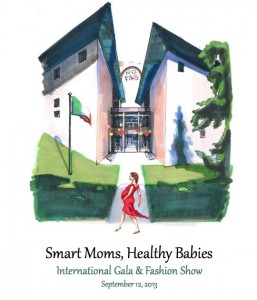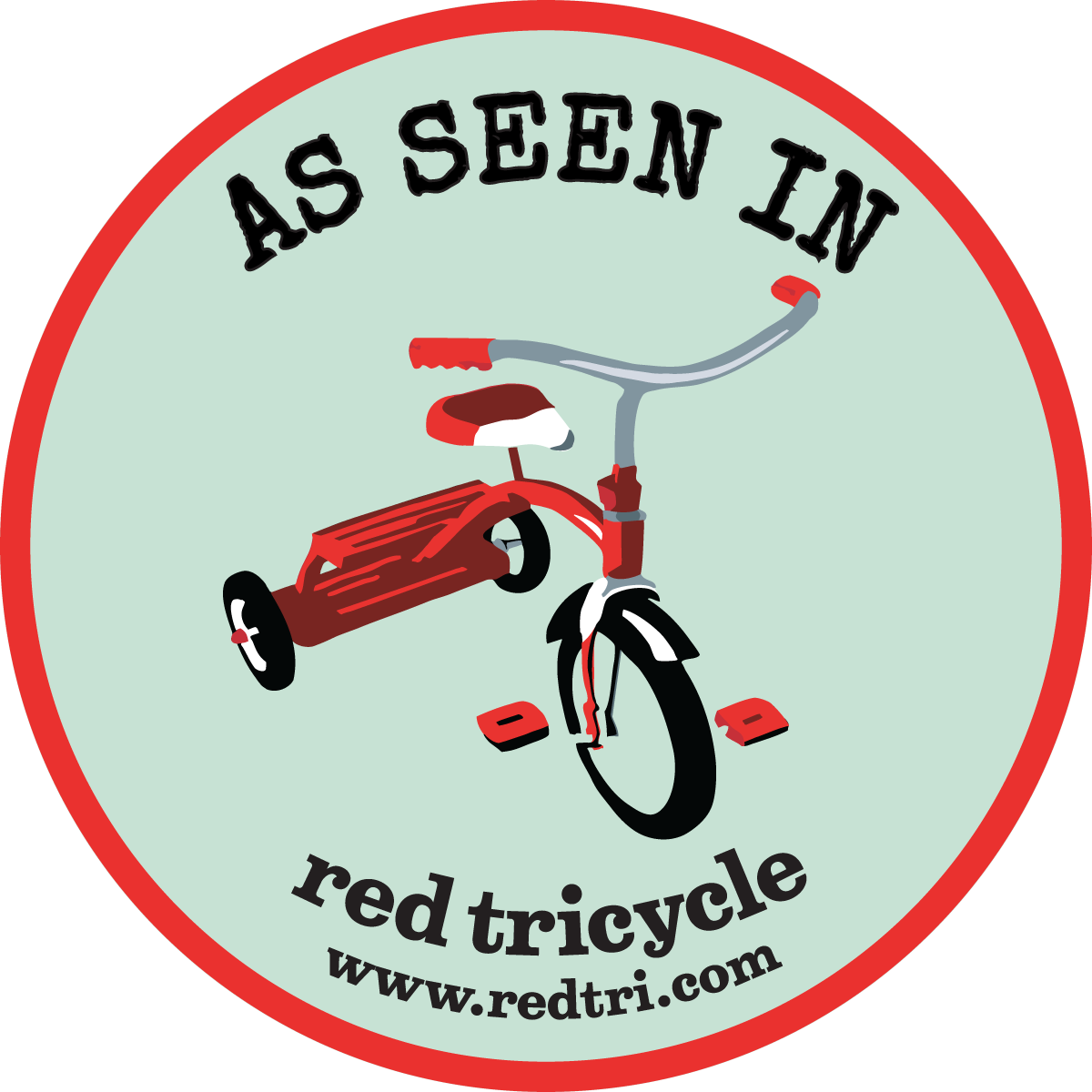Last month, the Wall Street Journal ran a provocative piece written by Emily Oster, an economist, analyzing what is safe and not safe to consume during pregnancy. At the time it ran, what particularly piqued my interest was her analysis of alcohol consumption during pregnancy. Ms. Oster herself was interested in analyzing the data on what is safe or unsafe for a pregnant woman and her baby during pregnancy, and while she carefully noted she’s most interested in caffeine intake for her own personal reasons, a good bit of the article delves into alcohol consumption.
Oster breaks down consumption into categories like occasional, light and moderate drinkers and digs into their risks of fetal alcohol syndrome  and impacting their baby’s IQ. Even though I am not pregnant now, I found the article interesting because like most anyone who has ever been pregnant, I considered my own behaviors while pregnant as I read through her findings. In the interest of full disclosure, I did have a few glasses of wine during each of my pregnancies. Maybe 3 or 4 total, which I’m not even sure would qualify me as an occasional drinker by Oster’s standards, but I know many people who would absolutely have no alcohol and I know some who had a few more drinks than I did – but not many.
and impacting their baby’s IQ. Even though I am not pregnant now, I found the article interesting because like most anyone who has ever been pregnant, I considered my own behaviors while pregnant as I read through her findings. In the interest of full disclosure, I did have a few glasses of wine during each of my pregnancies. Maybe 3 or 4 total, which I’m not even sure would qualify me as an occasional drinker by Oster’s standards, but I know many people who would absolutely have no alcohol and I know some who had a few more drinks than I did – but not many.
Today, September 9, is International Fetal Alcohol Spectrum Disorders (FASD) Awareness Day – so there is no better day than today – to take a closer look at the risks of alcohol consumption during pregnancy. According to the DC-based National Organization on Fetal Alcohol Syndrome (NOFAS), prenatal alcohol consumption is a leading cause of brain damage, developmental disabilities and learning and behavioral problems in children and adults, and it is completely, 100% preventable when expectant mothers abstain from alcohol. In fact, NOFAS expressed outrage at the Oster piece in the Wall Street Journal and wrote a rebuttal detailing how Oster cherry picked the studies she evaluated for her analysis and ignored other larger studies pointing to the dangers of any alcohol consumption during pregnancy.
Most importantly, NOFAS notes the following: “Some media reports suggest there are mixed messages about the risk of light to moderate alcohol consumption during pregnancy. In fact, no medical or disability agency or organization in the U.S. advises the use of any amount of alcohol during pregnancy, and no published research concludes that light alcohol consumption is completely safe.”
Here are some startling facts provided to me from NOFAS:
- Nearly 100,000 newborns in the United States every year are exposed to heavy or binge drinking—the highest risk for FASD—during their prenatal development.
- It is conservatively estimated that 40,000 newborns each year in the U. S. alone are affected by FASD, more new cases annually than Downs syndrome, cerebral palsy, cystic fibrosis, spina bifida and sudden infant death syndrome, combined.
- FASD prevention and education saves taxpayers money and eases the burden on the health care system. Prevention is at least ten-times more cost effective than the average $1.4 million lifetime cost to treat one person with FASD.
- The recognition of mental and behavioral health issues associated with prenatal alcohol exposure in the recently published Diagnostic and Statistical Manual of Mental Disorders (DSM-5) demonstrates the growing recognition of FASD and will increase diagnosis and treatment options for individuals living with FASD. Over 80% of adults with FASD live with mental health issues, and over half experience one or more of the most common secondary disabilities, such as trouble with the law, disrupted school experience, and the inability to live independently.
If you are pregnant, I’d consider you to read up a little more on the issue of alcohol and pregnancy, especially if you fall into the “light drinker” category, NOFAS has some great resources on their site. Honestly, most of the above facts were news to me and I found the figures to be alarming. Very few mothers want to expose their children to risk or a lifetime of disease and challenges and I think it’s easy to chalk up fetal alcohol syndrome to something only women with substance abuse problems are facing. Now that I’ve connected with NOFAS, it seems clear to me that this is an organization that should be on our radar screens when we are looking to donate money and raise awareness around an important issue. In fact, NOFAS and its 40 affiliates collectively support 5,000 children and adults with FASD each year, respond to over 25,000 specific requests for information and referrals and conduct over 500 conferences, training sessions, and workshops for medical and allied health students and practitioners, educators, criminal justice personnel and other audiences. That’s a tall order.
 In honor of International Fetal Alcohol Spectrum Disorders (FASD) Awareness Day, NOFAS is participating in a series of events all week long, culminating in an international “Smart Moms, Healthy Babies” gala and fundraiser on Thursday night at the Italian Embassy. Yours truly will be in attendance, I’m hardly one to pass up a swanky affair at a great location – with a fashion show to boot! I would encourage you to consider joining me, ticket prices are definitely steep but the money is going towards such an important cause and if you are pregnant, your ticket is considerably cheaper.
In honor of International Fetal Alcohol Spectrum Disorders (FASD) Awareness Day, NOFAS is participating in a series of events all week long, culminating in an international “Smart Moms, Healthy Babies” gala and fundraiser on Thursday night at the Italian Embassy. Yours truly will be in attendance, I’m hardly one to pass up a swanky affair at a great location – with a fashion show to boot! I would encourage you to consider joining me, ticket prices are definitely steep but the money is going towards such an important cause and if you are pregnant, your ticket is considerably cheaper.
We love to talk about the importance of carving out some moi-time here on WM – so why not throw on a fabulous dress, a pair of heels and join me at the Italian Embassy starting at 6:30PM on Thursday? Get your ticket here!
Disclosure: NOFAS invited me to be a guest at the gala on Thursday night. My opinions here are all my own.











